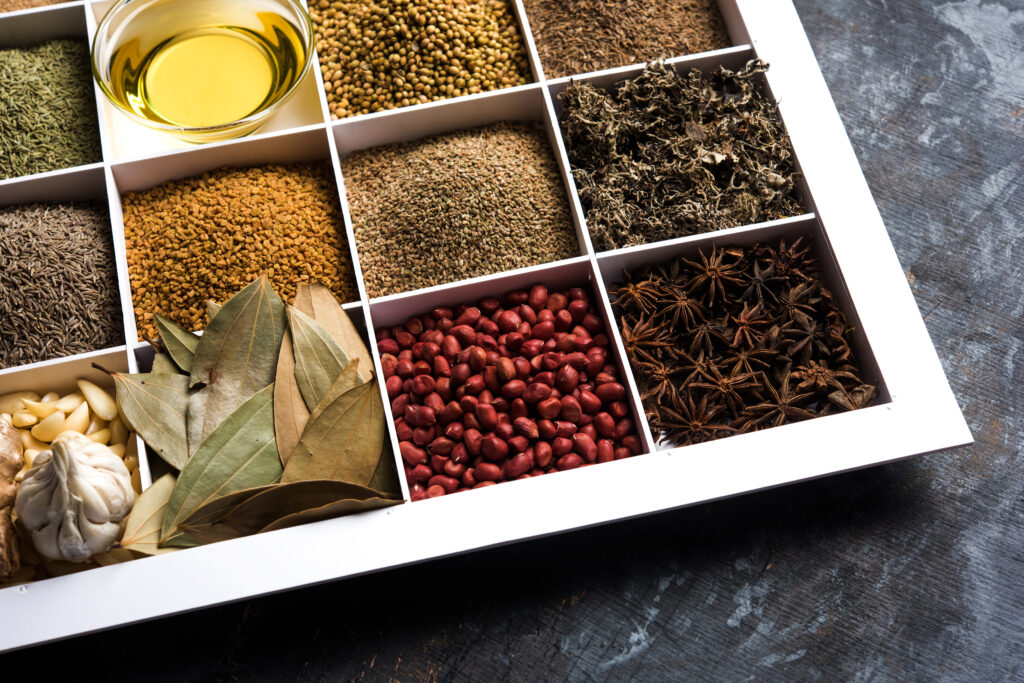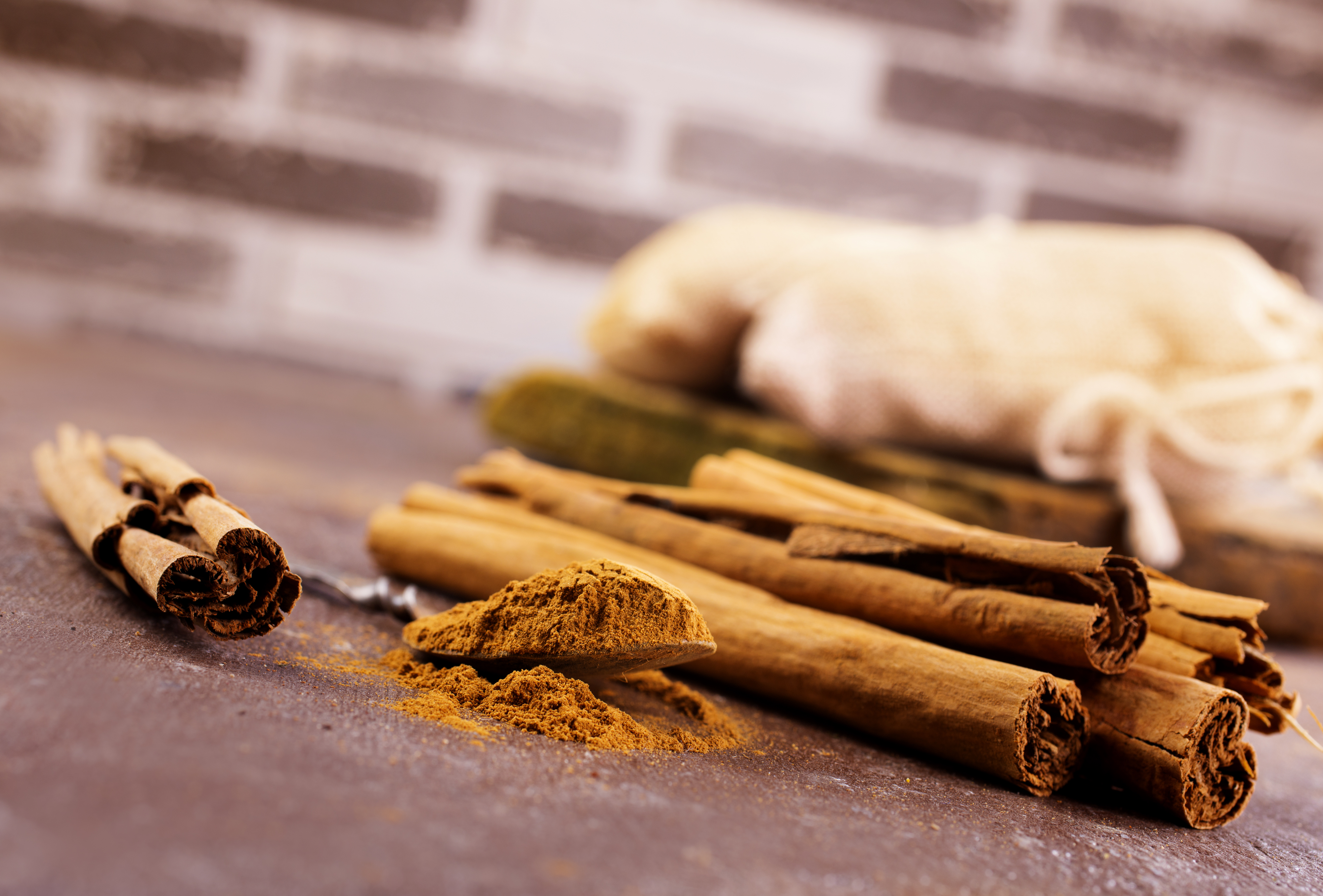- Welcome to Friends of Botany, your digital sanctuary for all things plant-related! Whether you’re a budding enthusiast or a seasoned gardener, our channel is your go-to hub for discovering the wonders of botany. Join us on an exciting journey through lush landscapes of knowledge where we explore diverse flora, share gardening tips, delve into plant biology, and celebrate the beauty and importance of green life.
- With engaging tutorials, insightful plant care guides, captivating botanical expeditions, and expert interviews, Friends of Botany is here to cultivate your passion for plants and deepen your connection with nature. Subscribe today and become a part of our vibrant community of plant lovers! Learn how these herbs complement your diabetes management plan and support overall health.
- Herbal medicine, also known as phytotherapy or botanical medicine, involves using plant-based substances for therapeutic purposes. Here is an overview of some common herbs used in herbal medicine and their potential benefits:
- Common Herbs and Their Uses
- Echinacea: Boosts the immune system and helps fight infections, particularly the common cold and flu.
- Ginseng: Enhances physical and mental performance, and reduces fatigue and stress.
- Ginkgo Biloba: Improves cognitive function and circulation, often used for memory enhancement.
- Turmeric: Contains curcumin, which has anti-inflammatory and antioxidant properties, used for joint pain and inflammation.
- St. John’s Wort: Commonly used for mild to moderate depression and mood disorders.
- Garlic: Known for its cardiovascular benefits, helps reduce blood pressure and cholesterol levels.
- Chamomile: Has calming effects, used for anxiety, insomnia, and digestive issues.
- Milk Thistle: Supports liver health and detoxification.
- Peppermint: Used for digestive issues, headaches, and muscle pain.
- Aloe Vera: Applied topically for burns, wounds, and skin irritations; also used internally for digestive health.
- Principles of Herbal Medicine
- Holistic Approach: Focuses on treating the whole person, including physical, emotional, and spiritual aspects.
- Prevention and Treatment: Herbs can be used both for preventing illness and for treating existing conditions.
- Individualized Treatment: Tailors herbal remedies to the individual’s specific needs and conditions.
- Natural Healing: Promotes the body’s natural ability to heal itself through the use of plant-based remedies.
- Forms of Herbal Medicine
- Teas and Infusions: Steeping herbs in hot water to extract their active compounds.
- Tinctures: Concentrated liquid extracts made by soaking herbs in alcohol or vinegar.
- Capsules and Tablets: Dried and powdered herbs encapsulated for easy consumption.
- Essential Oils: Concentrated oils extracted from plants used in aromatherapy and topical applications.
- Topical Applications: Creams, ointments, and salves made from herbs for external use.
- Safety and Considerations
- Consult a Healthcare Provider: Especially if you are pregnant, nursing, have underlying health conditions, or are taking medications.
- Proper Dosage: Follow recommended dosages and guidelines for each herb to avoid adverse effects.
- Quality and Source: Use high-quality, organic herbs from reputable sources.
- Allergies and Interactions: Be aware of potential allergies and interactions with other medications or supplements.
- Common Uses of Herbal Medicine
- Immune Support: Echinacea, elderberry, astragalus.
- Digestive Health: Peppermint, ginger, fennel.
- Stress and Anxiety: Valerian root, chamomile, lavender.
- Pain and Inflammation: Turmeric, willow bark, devil’s claw.
- Skin Health: Aloe vera, calendula, tea tree oil.
- Cardiovascular Health: Hawthorn, garlic, ginkgo biloba.
- Incorporating Herbal Medicine
- Start Slowly: Introduce one herb at a time to monitor its effects.
- Research and Education: Learn about the herbs you plan to use and their potential benefits and side effects.
- Consult Experts: Seek advice from qualified herbalists or naturopaths for personalized recommendations.

